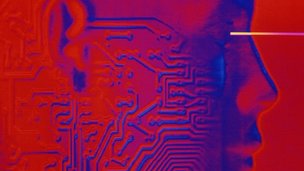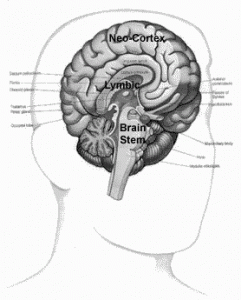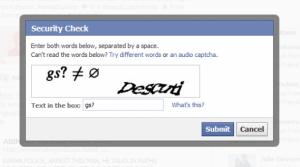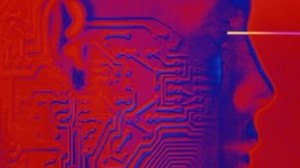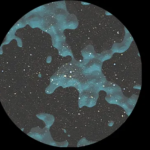March 24, 2014 – A California-based recent AI startup company, Vicarious FPC, is attracting the attention of some of the world’s most renowned technology leaders including Mark Zuckerberg of Facebook, and Elon Musk of SpaceX and Tesla Motors. Along with the actor, Ashton Kutcher, they recently invested $40 million U.S. to help the company achieve its mission of replicating the human neocortex.
The neocortex is a feature of our human brain that is responsible for sensory perceptions, spatial reasoning, language, conscious thought and motor control. When we think of the elaborate folds pictured when diagrammin the brain, it is the neocortex that is being illustrated. By volume it amounts to 76% of our brain. The diagram below shows the prominent positioning of the necortex within our skulls. Its development distinguishes us from all other animals on the planet and makes us “human.”
Back in the fall Vicarious tackled the challenge of having its artificial intelligence algorithms solve captcha characters. If you are not familiar with captcha, these are the alphanumeric character codes that must be entered by a user to get access or sign on rights on many websites. They were implemented to separate human from computer online visitors to protect websites from nefarious programmers. See the illustration below if you cannot recall having done this routine while online before.
Vicarious developed its Recursive Cortical Network (RCN) software to interpret visual patterns. This human perception allows us to view a photograph or handwriting and understand what we are seeing. In developing RCN Vicarious sought a good test to demonstrate its software’s ability to mimic this human brain function. They chose solving captcha characters. On October 27, 2013 the company announced it could reliably solve captchas including Google’s recaptcha with a success rate of 90%.
What does this mean? RCN’s approach to AI more resembles our human brain than Watson, the IBM massive parallel computing technology made famous by the television show, Jeopardy. In the case of the latter the AI is created using “deep learning,” with exposure in training to thousands of examples allowing the computer to then select the best fit based on the images it sees or the verbal cues it hears.
RCN’s pattern recognition software is much simpler. It uses “narrow artificial intelligence,” a simple, replicated circuit very much like that which is found in the human neocortex. The intelligence is “narrow” because it has been created to solve a particular task. And that’s exactly what RCN is accomplishing, solving captcha character tests.
That is not, however, Vicarious’ ultimate goal. They want to use RCN as a foundation for developing artificial computer perception to solve vision in general, not just shapes, sizes and colours but also textures. Where would we want to use RCN should Vicarious succeed? Imagine autonomous road vehicles capable of discerning objects in the road ahead and reacting by identifying them instantaneously to avoid collisions. Or an AI system that can review an MRI, xray or culture and identify a disease or medical problem. Or an AI forensic tool to review visual evidence and solve crimes. Or an AI quality assurance tool to spot manufacturing defects on a production line. What’s the timeline for Vicarious achieving such loftier AI goals? Those in the know say the year 2028!

